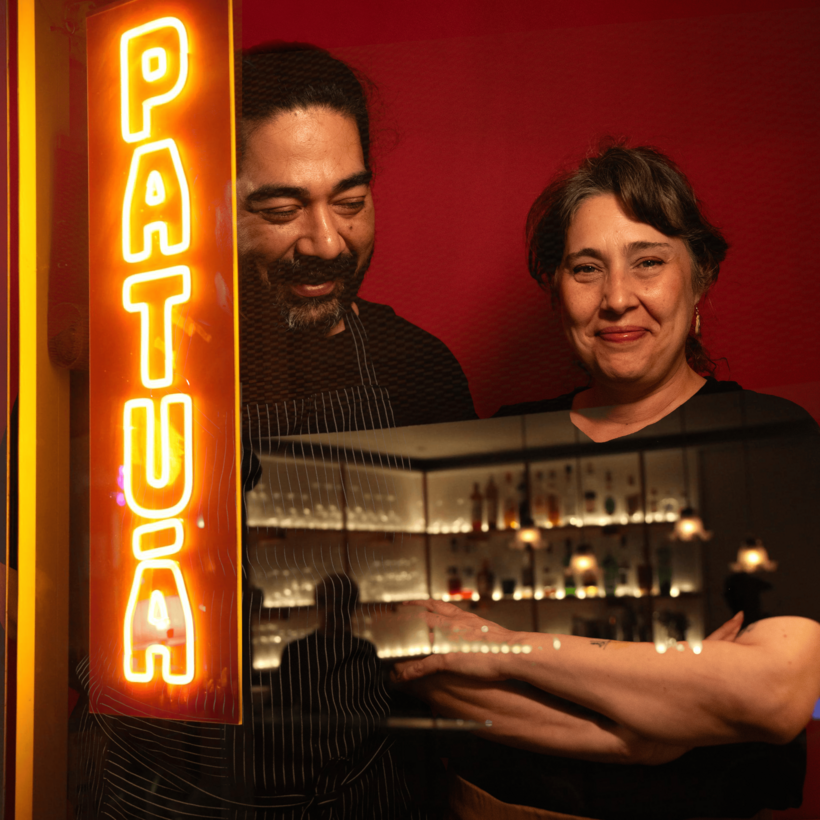The New York Times’s travel editors recently acknowledged their own tragic powers, fretting about whether a writer should reveal “hidden gems” and thereby incite a mob of travelers who cannot help but inflict on world culture what Henry Kissinger confessed of diplomacy: “It may be dangerous to be America’s enemy, but to be America’s friend is fatal.”
Last summer, they nearly reviewed Lisbon’s best restaurant, Patua, but thankfully couldn’t find it, as the owners had lost their lease.


